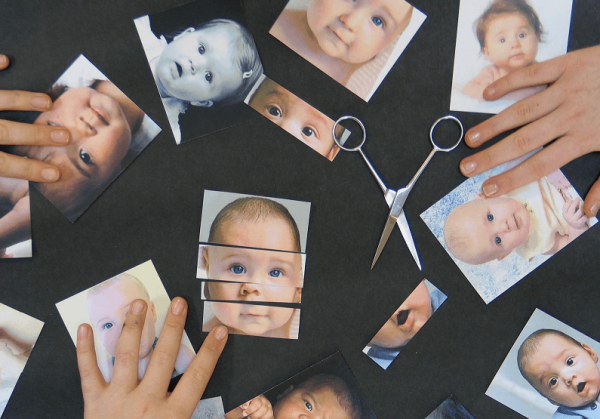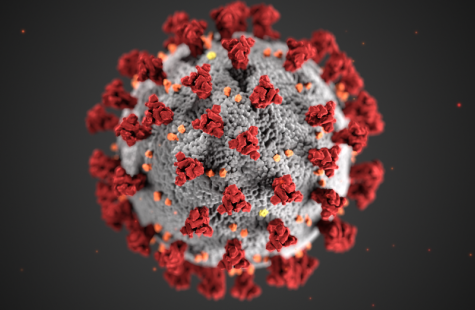Eating Disorders – Non-Discriminatory
Over time across the Nation eating disorders are becoming more common, and accepted by society. At least 30 million people of all genders across America are being affected by an eating disorder. Every hour, at least one death is caused due to an eating disorder. Anorexia has the highest mortality rate of any mental illness.
Though there’s a stereotype basing eating disorders about girls and women, one in three people who have an eating disorder is male, and due in a cultural bias males are less likely to seek help for their disorder. In the united states alone at east 10 million males suffer from an eating disorder.
Anorexia nervosa is an eating disorder, most developed in teens in which the patients starve themselves in order to lose weight. Anorexia nervosa is the third most common chronic illness in adolescents. About 25% of patients diagnosed and treated for anorexia are male. Statistics say that 20% of gay men have anorexia, 16% have bulimia.
Bulimia nervosa, other known as the binge and purge diet, is where the patient will eat a large amount of food in order to feel full, then force themselves to throw it back up so their body doesn’t have the chance to take in any of those calories. 0.5% of men suffer from bulimia.
Eating disorders can be much more than attempting to lose weight or body image, in some cases people find comfort in eating and can’t really stop, this being binge eating. 8% of American adults will suffer from a binge eating disorder in their lifetime. Binge eating can be fatal and deserves just as much attention as any other disorder.
Every 62 seconds at least one person dies as a direct result from an eating disorder. Some people state that they didn’t even realize that they had developed one, and that if a medical professional never told them they would have never went out to find help. The age in which people have been developing disorders continues to get younger. 60% of nine year old girls have displayed behaviors of these disorders.
Awareness for this topic is very important for the affected people to reach out for help, letting people know that it’s okay to reach out for help is a to help people actually reach out and get the help they need to start recovery. Dan Thompson Dean of Students at the Sabin- Schellenberg Technical Center, says that he had really never thought about men having an eating disorder, and that when he hears “eating disorder” his mind goes to women. Thompson also says that “the reason we do not bring awareness to the subject is because we are very conscientious on talking about someone else’s weight.”








